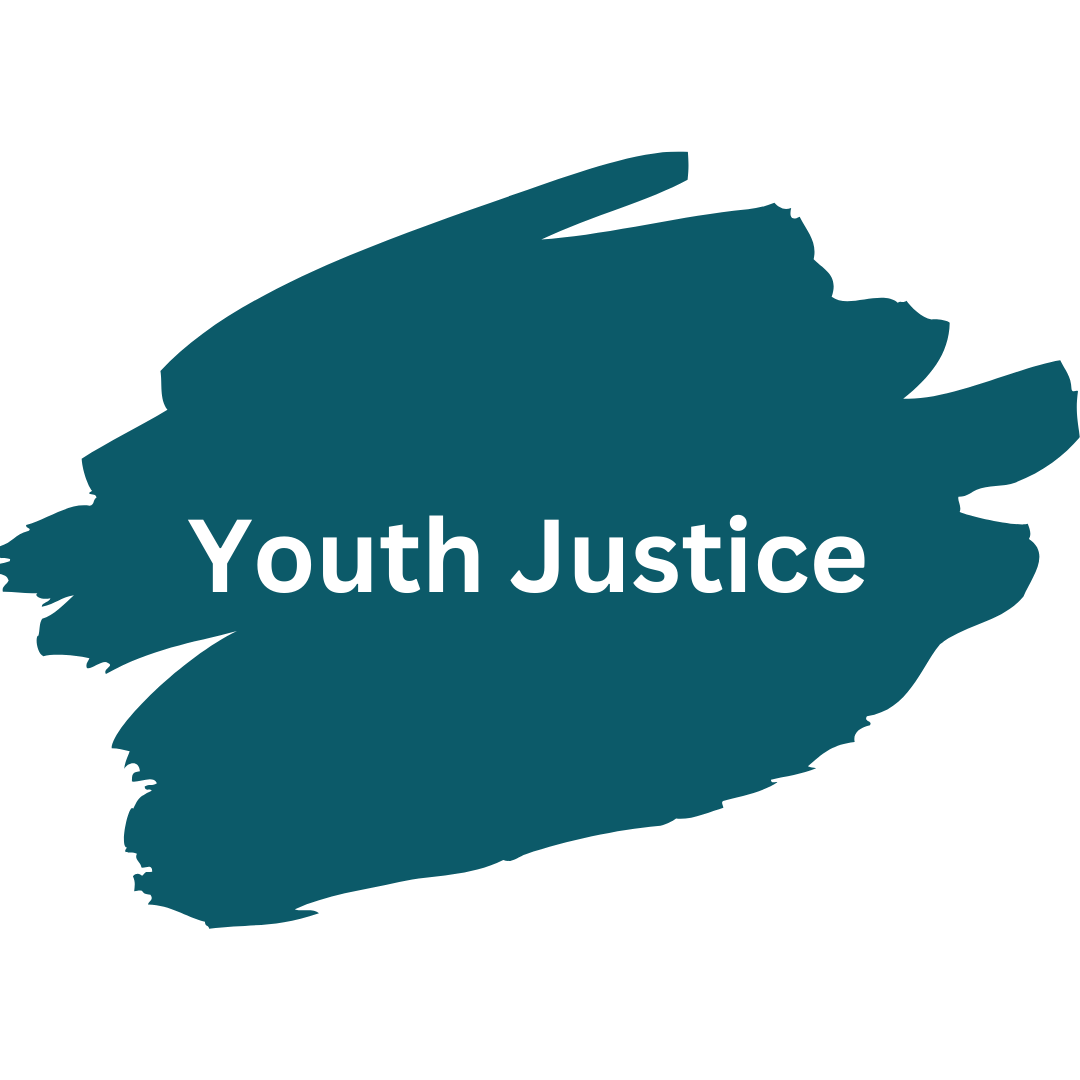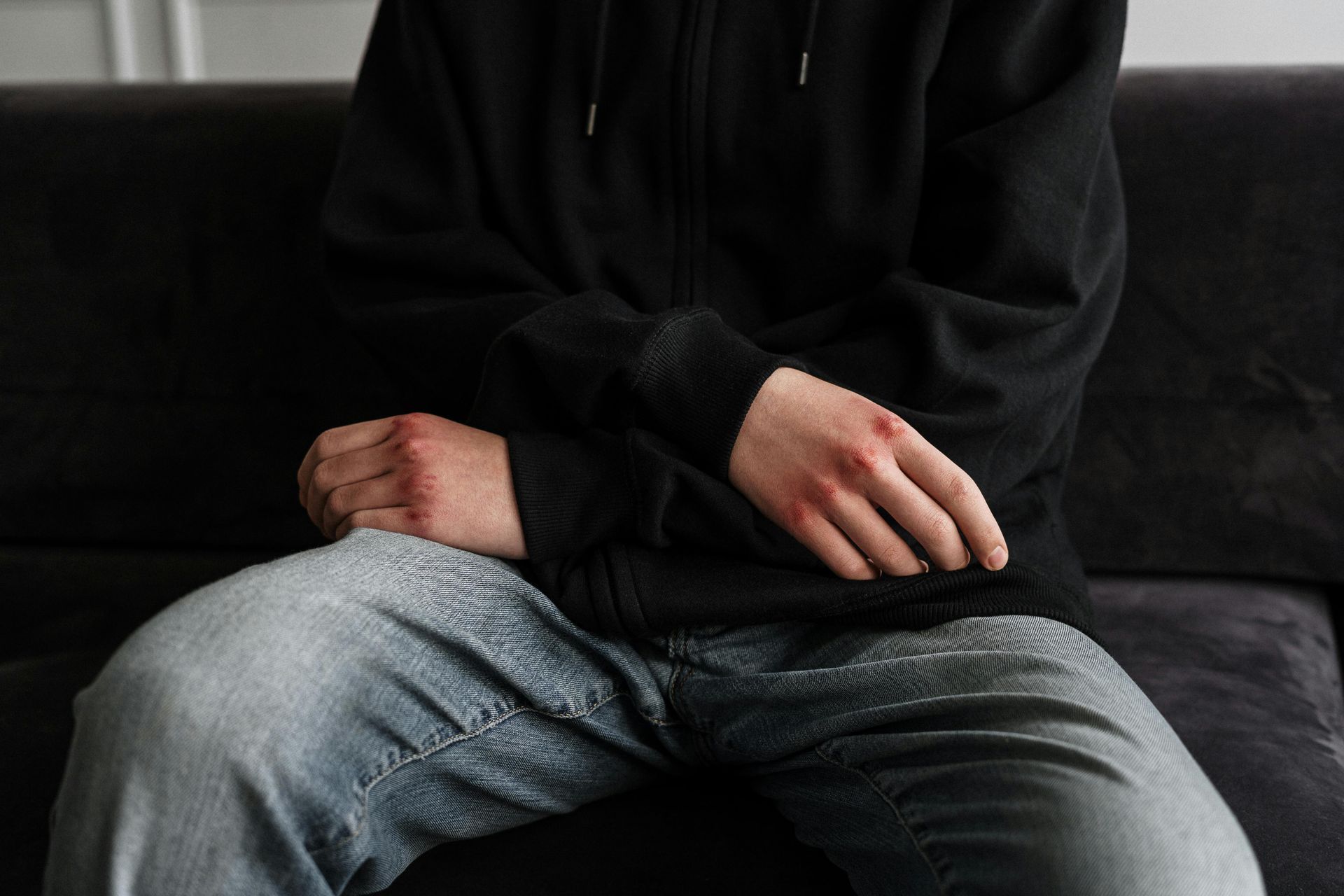Can I Prevent Publication of My Case? - The Exceptions
In accordance with the open justice principle, the general rule is that all court proceedings must be held in open court to which the public and the media have access. The common law attaches a very high degree of importance to the hearing of cases in open court and under Article 6 ECHR the right to a public hearing and to public pronouncement of judgment are protected as part of a defendant’s right to a fair trial. Therefore, there are many benefits to a defendant of having their case heard in open court, particularly when fighting for their innocence and rights.
Trials Held In Private
The courts do have the power to hear proceedings in part or in full in private, but this is a very extreme measure to be taken by any judge, and is only done in exceptional circumstances. The test to be applied is one of necessity; is it necessary for this part of the trial or for this whole trial to be heard in private. The law says that it will not be necessary to exclude part or all of proceedings in the criminal courts due to the embarrassment of a witness, or the reputational harm that could arise to any one involved in proceedings the main reasons many defendant's in
sexual offence cases so desperately want anonymity.
Circumstances which may justify hearing a case in private include situations where the nature of the evidence, if made public, would cause harm to national security e.g. by disclosing sensitive operational techniques or identifying a person whose identity for strong public interest reasons should be protected e.g. an undercover police officer or MI5 employee.
Special Measures
Often the adoption of special measures such as allowing a witness to give evidence from behind a screen, giving their name in a note handed to the judge, or ordering that a witness shall be identified by a pseudonym (such as by a letter of the alphabet) and prohibiting publication of the witness’s true name by an anonymity order
under s.11 Contempt of Court Act 1981, will remove any need to exclude the public.
Youth Courts
Section 47 Children and Young Persons Act 1933
is a statutory exception to the open justice principle which generally bars the public from attending
Youth Court proceedings. This prohibition does not extend to court members and officers, the parties, their legal representatives and witnesses, or to representatives of the media or to such other persons as the court may specifically authorise to be present.
Sexual Offences
Section 25 Youth Justice and Criminal Evidence Act 1999
(YJCEA 1999) permits the court to exclude persons of any description from the court during the evidence of a child or vulnerable adult witness in cases relating to a sexual offence or where there are grounds for believing that a witness has been, or may be, intimidated.
However, it was not envisaged that the media should routinely be excluded alongside the rest of the public, even in such exceptional cases. Even where the media generally are to be excluded, one nominated representative of the media must be permitted to remain.
Complainant Anonymity in Sexual Offence Cases
Complainants of a wide range of sexual offences are given lifetime anonymity under the
Sexual Offences (Amendment) Act 1992, this anonymity applies throughout all stages of proceedings and although the press may print details of the trial/offence, they must not print any detail that could lead to the identity of the complainant.
Is a Defendant Entitled to Anonymity in Sexual Offence Cases?
Defendant's are not granted anonymity in
sexual offence cases unless one of the exceptional circumstances applies, and this is very rare. Therefore, the reality is that where a defendant may be embarrassed or worried about the stigma and repercussions of being accused of a serious sexual offence, the court will not in these circumstances grant anonymity.
How Eventum Legal Can Help






